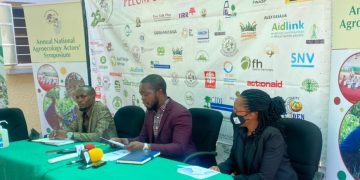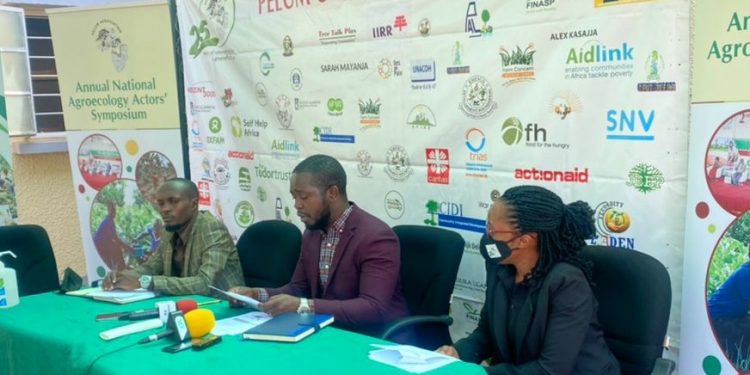Agriculturalists in East Africa are set to hold the 11th annual indigenous/ traditional foods and seed fair on October 28.
According to Joshua Aijuka, the Programme manager, Sustainable Farming Systems at the Participatory Ecological Land Use Management (PELUM) Uganda, this year’s event that will be held at Silver Springs Hotel, Bugolobi, will be used to showcase the contribution of indigenous foods and plants towards strengthening community resilience to Covid-19 and generate strategies for promoting sustainable agro-biodiversity management in the food system.
“We want to create awareness on the various indigenous foods and plants that have been effectively used in the management of the Covid-19 Pandemic,” Kizito said.
He noted that they want to discuss strategies for promoting agrobiodiversity as a mechanism for improving household nutrition, and resilience to Covid 19, build momentum and collective voice towards an enabling policy environment for promoting indigenous foods and scaling up Eco ecology in Uganda.
Kizito revealed that there will be an exhibition of practices that enhance plant health, indigenous/ traditional/ cultural foods and seeds, related indigenous knowledge technologies and practices related to seed management food preparation and value addition technologies from different regions in Uganda.
Erick Kizito Programme Officer Sustainable Farming Systems at PELUM Uganda, said that in order to provide a platform for agroecology actors to share experiences and strategies for food systems transformation in Uganda, they will hold a National Agroecology Actors Symposium (NAAS) on October 27.
The symposium will be held under the theme “Transforming Uganda’s Food Systems through Agroecology”, this this will bring together various stakeholders ranging from farmers, Private Sector, Research and Academia, government institutions and Non-Governmental Organizations (NGO).
Kizito said that PELUM has been known for promoting agroecology as a viable sustainable Vehicle for Uganda’s food systems.
Agroecology can be referred to as an integrated approach that effectively provides for interactions between plants, animals, humans and the environment while taking into consideration the social aspects that need to be addressed for a sustainable and fair food System.









